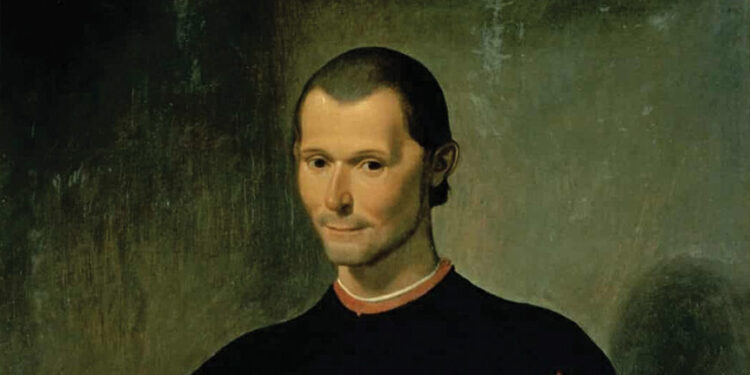When discussing education, let’s for a second step away from dry trivial rationales and embrace a philosophical perspective. According to Thomas Hobbes, political philosophy remains futile because even the most brilliant political thinkers couldn’t transform political wisdom into achievable goals (My personal lifetime dilemma!). This suggests that prudent individuals don’t necessarily become intelligent leaders. Was Hobbes pointing toward something more profound – the possibility of creating systems that produce optimally thinking citizens who benefit their societies, using education as their primary tool? The question is difficult to answer definitively.
If wisdom truly means thinking and acting correctly at the right moment and to the right degree – especially when facing life’s inevitable challenges – then we must acknowledge that wise people cannot be formed solely through our conventional educational approaches, despite their historical acceptance and presumed effectiveness. Niccolò Machiavelli, however, offers a provocative alternative. He argued that acquiring knowledge – the foundation of wisdom – actually means attaining power, which enables one to gain advantage over adversaries.
This raises compelling questions about enlightenment and our motivations for education. Why do we eagerly pursue schooling? Why do we sacrifice so much for college diplomas? The most common answer to this fundamental question is our desire to live better and achieve happiness – goals that typically require well-paying careers. Put more bluntly, education has become an economic endeavor. This might mean that our love of knowledge isn’t really about pursuing pure wisdom, but about securing jobs and material satisfaction through power. In essence, the pursuit of knowledge equals our human drive to possess power.
Here lies a troubling distinction: according to Machiavelli, school isn’t education – it’s control. School promotes conformity, while true education should grant freedom. Our educational institutions are molding young people into obedient servants of the society they’ll eventually serve.
Machiavelli didn’t view education through the traditional lens of soul formation, or as something separate from politics and religion. Instead, he saw education as a practical, historical, and revolutionary tool for developing active leadership – not merely theoretical virtue. His educational philosophy focused on studying history and the actions of great figures to master the arts of statecraft and power. The goal wasn’t preserving the status quo, but invigorating individuals to reform unhealthy political regimes.
This revolutionary approach emphasized learning from historical examples to gain the skills necessary to challenge and transform society. (Frankly, I would use this Machiavellian postulate to describe our own social and political reality in Sakartvelo in the last two scores of years, when we totally refused to consider the lessons of history). Machiavelli believed that ‘whoever wishes to foresee the future must consult the past.’ Education should therefore center on historical case studies, learning from past successes and failures to build a practical foundation for contemporary leadership.
Machiavelli championed an education that celebrated the ‘active’ leader over the ‘contemplative’ individual. He argued that emphasizing action and worldly engagement strengthens society, while excessive quiet contemplation weakens it. He envisioned education as a tool to ‘disrupt and reform unhealthy regimes’ and prepare young people for revolution – not simply maintain existing orders. (I would not be surprised if somebody admits that something smells truly Machiavellian in today’s Georgia – of course only in terms of educating the generations to come).
A cornerstone of his philosophy involved studying the character and methods of history’s ‘great figures’ to absorb their traits and rhetorical abilities. His educational ideas were deeply rooted in historical knowledge and political power dynamics. (These kinds of thought have also found parallels in this country!) Unlike classical philosophers who emphasized virtue and spiritual development, Machiavelli focused on education’s pragmatic and political dimensions. His approach was grounded in the ‘real world,’ (Mine too!), concentrating on ‘what actually works’ rather than abstract ideals (Wow, the reflection of my longstanding educational philosophy!)
To cut a long story short, in our current educational climate, Machiavelli’s insights feel remarkably relevant. Perhaps it’s time to reconsider whether our pursuit of knowledge truly serves wisdom, or merely perpetuates our long and firmly perpetuated educational standing, principles and methodology.
Op-ed by Nugzar B. Ruhadze














